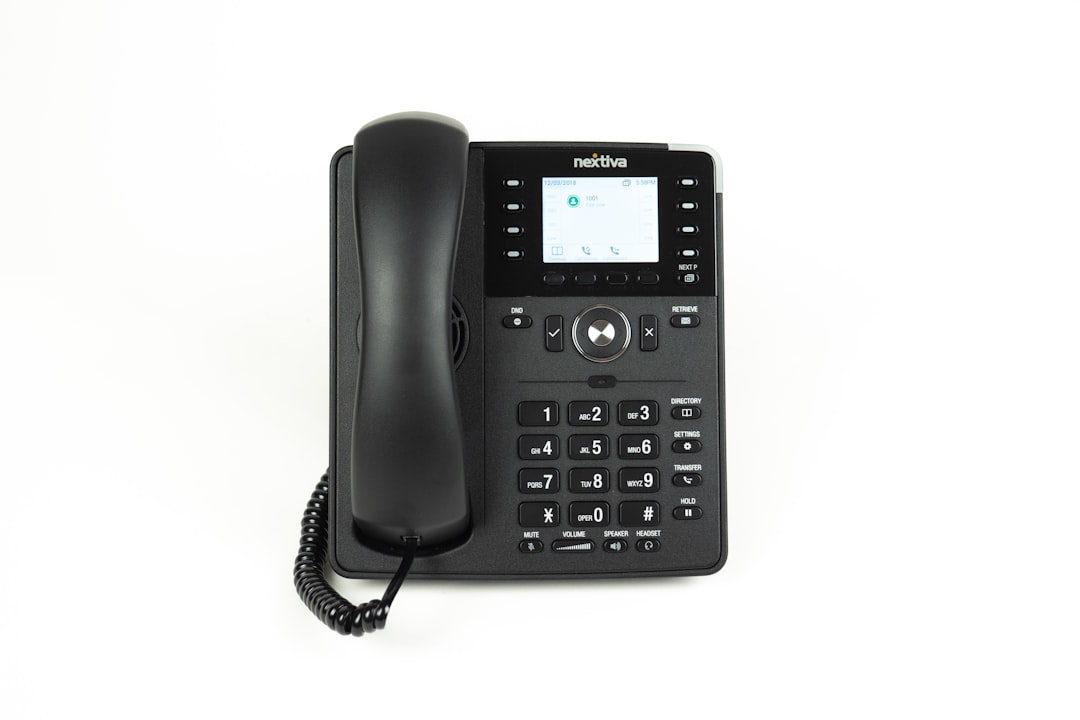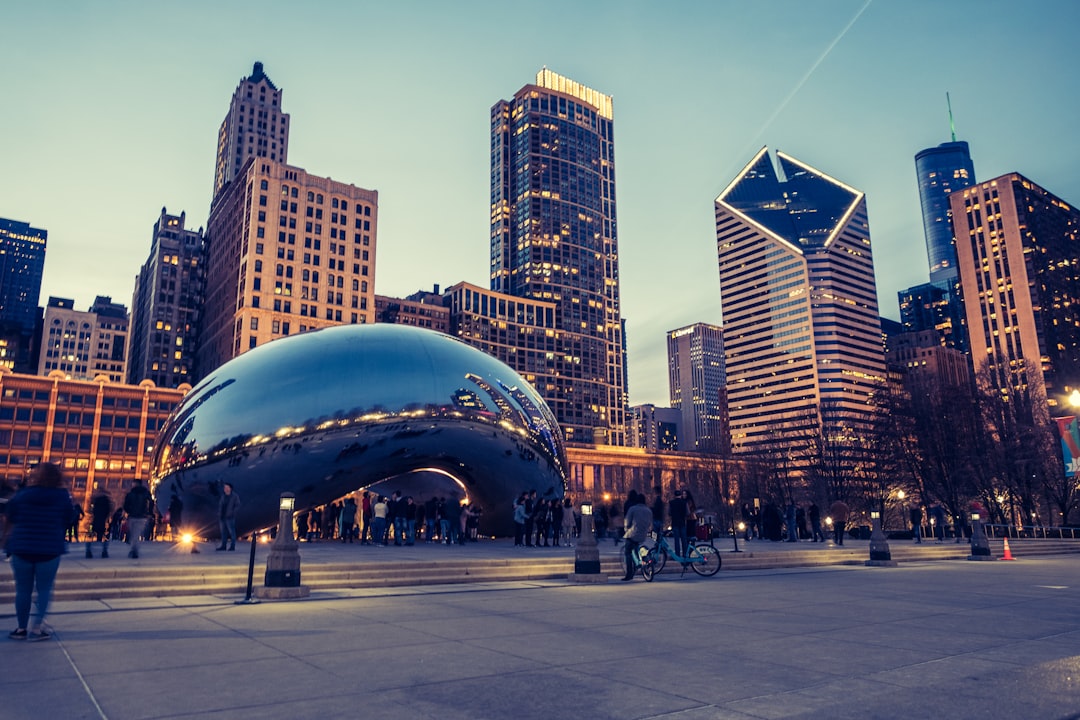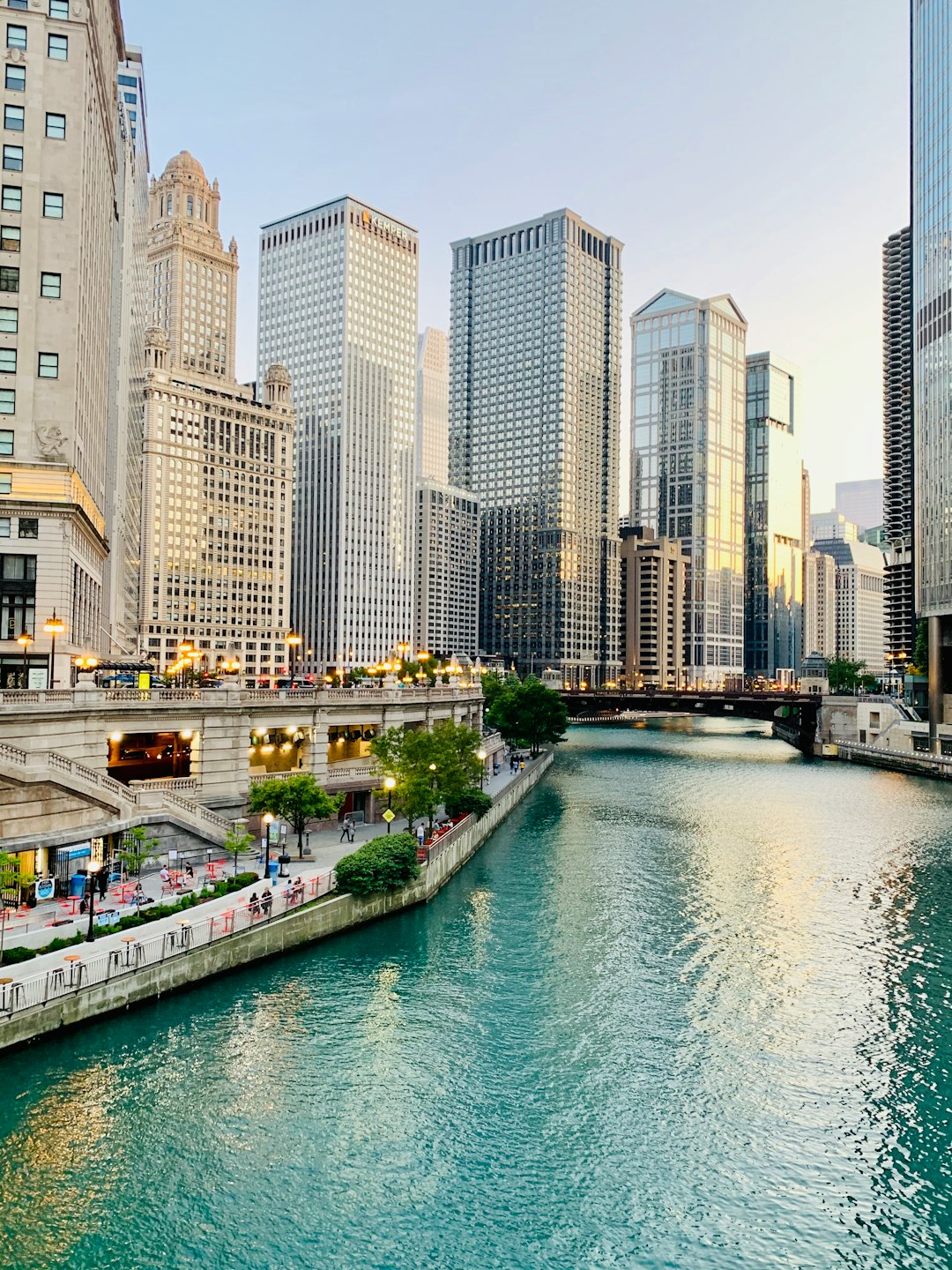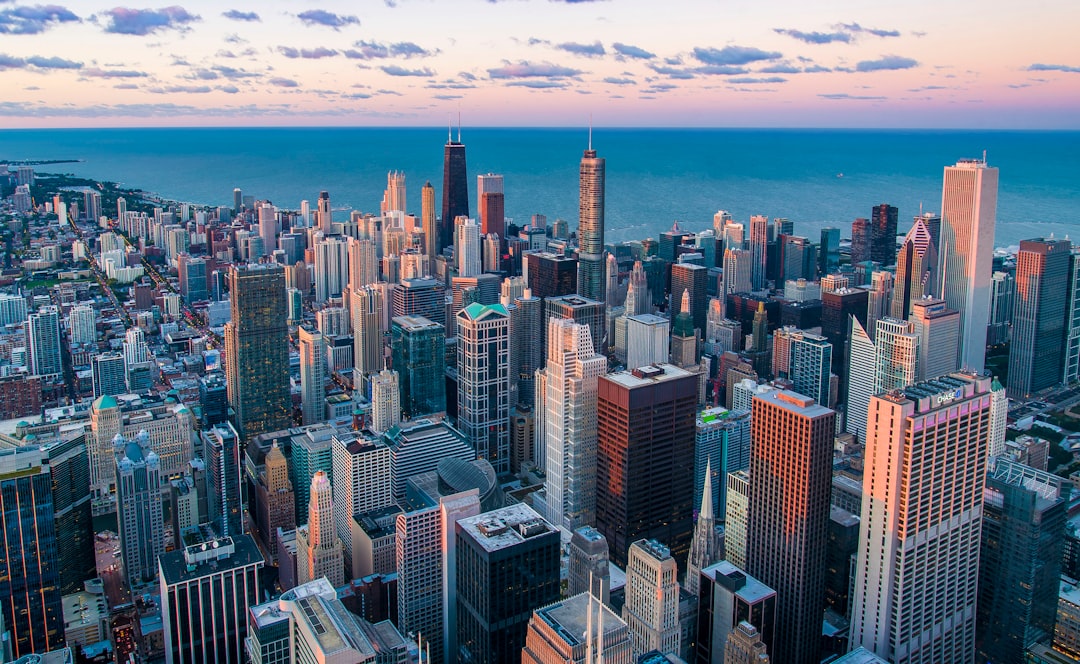Chicago's strict Do Not Call laws target spam texting from law firms, prioritizing residents' privacy and control over their phone numbers. These regulations require explicit consent before businesses can send marketing texts, minimizing nuisance messaging and empowering individuals to report unwanted communications. Law firms must navigate these rules carefully to avoid fines, maintaining integrity within Chicago's vibrant legal community by respecting individual privacy rights.
“Chicago’s stringent regulations against spam texting serve as a shield for residents from unwanted, intrusive messages. This comprehensive guide delves into the intricate details of the city’s anti-spam laws, focusing on the Do Not Call law specifically targeting law firms. We explore who these rules protect, the legal framework ensuring compliance, and common pitfalls.
Furthermore, we provide essential best practices for law firms to maintain compliance, emphasizing the importance of consumer privacy and protection in today’s digital landscape.”
Understanding Chicago's Anti-Spam Texting Laws

Chicago’s anti-spam texting laws are designed to protect residents from unwanted and unauthorized text messages, especially those promoting legal services. The Do Not Call law firms regulations aim to give individuals control over their phone numbers and prevent nuisance messaging. These laws are part of a broader effort to safeguard consumer rights in the digital age.
Under these rules, businesses and law firms that want to send marketing texts to Chicago residents must obtain explicit consent first. This means that receiving a text from an unknown sender offering legal services or any other unsolicited messages could be considered spam under Chicago’s regulations. Residents can take action against such spam by reporting the messages to the relevant authorities, ensuring their privacy is respected and unwanted communications are minimized.
Who Does the Do Not Call Law Apply to?

The Do Not Call law, a significant regulatory measure in Chicago, is designed to protect consumers from unwanted telemarketing calls, including spam texting. This legislation applies broadly to any business or individual engaging in outbound telephone marketing activities. Specifically, it targets law firms that utilize automated dialing systems or pre-recorded messages to reach potential clients.
In Chicago, the Do Not Call law extends to both local and out-of-state law firms attempting to solicit services from residents. It is crucial for these firms to adhere to strict guidelines, including obtaining explicit consent before initiating calls and respecting consumer choices to opt-out of future communications. Compliance ensures that law firms can continue their marketing efforts while respecting the privacy and preferences of Chicagoans, fostering a harmonious business-consumer relationship.
Legal Safeguards and Enforcement Mechanisms

Chicago’s regulations against spam texting serve as robust legal safeguards, offering protection to residents from unwanted and unsolicited text messages. These laws are designed to maintain a peaceful and non-intrusive communication environment, especially when it comes to marketing efforts. The key to their effectiveness lies in strict enforcement mechanisms.
Enforcement involves tracking down the sources of spam texts, which can be challenging due to advanced technology used by spammers. However, Chicago’s legal framework provides for penalties and remedies against violators, including Do Not Call law firms. This ensures that residents can take action if they receive unsolicited texts, and it sends a clear message to businesses: compliance is mandatory to avoid legal repercussions.
Common Violations and Their Consequences

In the bustling world of digital communication, spam texting remains a pervasive issue, especially in densely populated urban areas like Chicago. Despite stringent regulations aimed at protecting residents from unwanted messages, violations persist. Common infractions often involve sending unsolicited texts promoting legal services to individuals who have not consented to such communications, particularly when targeting people outside their immediate network or ignoring do-not-call requests.
The consequences of these violations can be severe. Regulators in Chicago strictly enforce anti-spam laws, and offenders may face substantial fines. Legal safeguards are in place to ensure that citizens’ privacy is respected, and businesses must adhere to strict guidelines when engaging in text marketing. For law firms looking to advertise their services, it’s crucial to navigate these regulations carefully, ensuring compliance to avoid penalties and maintain a positive reputation in the city known for its vibrant legal community.
Protecting Your Firm: Best Practices for Compliance

To protect your firm from potential legal repercussions and maintain compliance with Chicago’s regulations against spam texting, it’s crucial to implement stringent practices. One of the best ways to ensure adherence is by obtaining explicit consent from recipients before sending any marketing or promotional text messages. This involves clearly explaining the purpose of the communication and providing an easy opt-out mechanism. By following this approach, you respect the privacy rights of individuals and avoid running afoul of local laws.
Additionally, maintaining detailed records of consent and message delivery is essential. Keep track of who has opted in and out, and ensure your databases are regularly updated. This documentation can serve as a safeguard if any compliance issues arise. Moreover, consider hiring or consulting with professionals who specialize in privacy laws to provide guidance tailored to your firm’s specific needs, particularly when navigating the stringent regulations regarding Do Not Call lists in Chicago.






